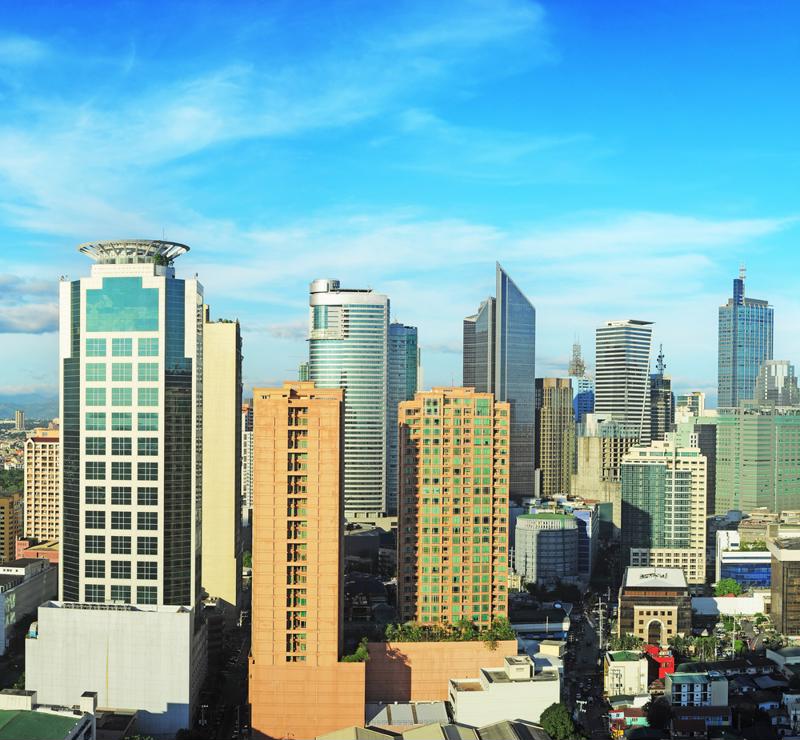More than 250,000 Filipino veterans fought in World War II, according to the White House Initiative on Asian Americans and Pacific Islanders. These men participated in some of the conflict's most intense combat operations, including the famous 1945 raid on the Japanese internment camp in Los Banos, Laguna, Philippines, which resulted in the liberation of over 2,000 prisoners of war. However, most never received official recognition for their service and were denied military benefits.
On Nov. 30, the House of Representatives took a step toward righting this injustice, passing legislation that would award a Congressional Gold Medal to the Filipino fighters who served during World War II, NBC News reported.
Rep. Tulsi Gabbard, D-Hawaii, cosponsored the bill with Reps. Colleen Hanabusa, D-Hawaii, Mike Honda, D-Calif., Judy Chu, D-Calif., Joe Heck, R-Nev., and others. President Obama is expected to sign the legislation into law.
"Today is truly a great day, a significant seminal period in American history – second only to the liberation of the Philippines and surrender of the Japanese Imperial Forces on August 15, 1945," retired Maj. Gen. Antonio Taguba, chair for the Filipino Veterans Recognition and Education Project, told the news organization. "Now we can tell our veterans with pride in our hearts that this grateful nation has, at last, granted them recognition for the selfless sacrifice they endured in war, and restored their dignity and honor in service to their nation."

An unofficial force
In 1941, President Franklin D. Roosevelt called on the citizens of the Philippines, then a U.S. commonwealth, to contribute to the war effort. The administration armed civilian guerrillas and fighters enlisted in the Philippine Army, and promised them full military benefits and citizenship in exchange for their sacrifice.
One year later, these Filipino soldiers saw their first action, engaging Japanese forces, who had invaded the island and installed a puppet government in the capital city of Manila, according to the Los Angeles Times. The conflict ended in March 1945, after local fighters and U.S. troops collaborated to retake Manila and repel the remaining Japanese soldiers from the Philippines.
Despite their exceptional performance and immense bravery, the Filipino soldiers involved in World War II never saw the benefits they were guaranteed. In 1946, Congress passed the Rescission Act, which stated that the service of Filipinos "shall not be deemed to be or to have been service in the military or national forces of the United States or any component thereof or any law of the United States conferring rights, privileges or benefits," PBS reported.
Though the bill included more than $200 million to pay the Philippine Army, veterans from the commonwealth were vexed. President Harry S. Truman, who signed the legislation, later expressed regret over the decision not honor his predecessor's agreement with Filipino forces.
Making up for mistakes
In the decades following the passage of the Rescission Act, activists and veterans lobbied the U.S. government to intervene and correct the mistake. And, over this time, many of the Filipinos who served in World War II passed away.
After years of hard work, advocates achieved their first victory in 2009, when President Barack Obama signed into law the Filipino Veterans Equity Compensation Act, which called on the Department of Veterans Affairs to distribute one-time lump sum payments to Filipino veterans who fought in their home country during the conflict. Those in the U.S. were eligible for remunerations of $15,000, while Filipino service members who still lived back home could receive payments of $9,000. The agency has received more than 180,000 claims since Obama signed the bill.
"…the proud service of many of these Filipino veterans was never fully recognized by the United States. Many were denied the compensation they had been promised. It was an injustice. So in recent years, my administration, working with Congress and others, have worked to right this wrong," the president explained during a speech at Fort Bonifacio, home of the Philippine Army, in 2014.
"The U.S. government continues its effort to honor and rightfully compensate Filipino soldiers who fought during World War II."
Earlier this year, service members from the nation scored another victory, when Citizenship and Immigration Services established a special program that allows those living in the U.S. to obtain visas for family based in the Philippines.
This recent bill marks yet another step in the U.S. government's effort to honor and rightfully compensate the Filipino soldiers who fought during World War II. Though only 18,000 of the 260,000 who served remain alive today, they will finally receive the recognition they deserve.
"Today's House passage is the culmination of decades of work by these veterans and their families to recognize their key role in the Allied victory, and their decades-long fight for benefits," Sen. Mazie Hirono, D-Hawaii, who brought the bill to the Senate floor in July and oversaw its passage, told NBC News.
If Obama signs the bill, the House will make arrangements for presenting the Congressional Gold Medal. The award itself is scheduled to go on display at the Smithsonian Institute, according to congressional records.
